Afterlove EP is a complex game, one that I suspect is a lot more open-ended than my single playthrough might lead me to believe. The slice-of-life adventure has you play Rama, a young musician, as he tries to move on with his life after the unexpected death of his girlfriend Cinta. For the last year, he’s let his life more or less fall apart. He doesn’t have a job, he isn’t making music, and most concerning of all, he hears Cinta’s voice in his head all the time, commenting on everything he says and does. It’s not clear if she’s a ghost or if he’s just imagining her – not clear to the player, and importantly not clear to Rama.
A Living, Breathing Jakarta
After finally seeing his bandmates, who lambast him for disappearing on them for so long, Rama has a deadline. At the end of the month, he’s either going to produce new music for his band to play, or the band will move on without him. There’s a bit of Persona influence on display here; he can choose what to do with those days – he might choose to speak to certain people, busk on the street, or go to therapy – but it’s left fairly open-ended, apart from occasional messages from people asking you to meet them. You can do two things a day, and how you spend your time is up to you. Just know there’ll be consequences whatever you do or don’t choose.
Another thing that reminded me of Persona was how Afterlove depicts the Indonesian city of Jakarta. Many of the explorable environments in the game, gorgeous side-scrolling panels filled with life and colour, are based on real places in the city – it borrows the city’s transit systems, its Ayodya Park, and reimagines Blok M as Blok W. It even uses Haro, a real rooftop bar, as a regular meeting place for Rama and his friends.
The art style has clear manga influences – the character art and animations are simple, but evocative.
The streets are full of quirky, surprisingly memorable characters, who’ll say something different every day. I particularly loved the guy who worked in the fancy clothing store and asked Rama questions like, “What shape is your brain in today?” and the conspiracy theorist who hung around outside the game shop, saying wild stuff about black holes and electromagnetic crystals. Every store felt individual and real, except for the fact that you could never actually buy anything, and I saw constant references to Indonesian culture that made me very happy. Any Southeast Asian would smile at the mention of Indomie in a video game.
Afterlove EP reminds me a little of A Space for the Unbound in its dedication to cultural authenticity and beautiful environments.
But An Unfortunate Lack Of Direction
Where Afterlove EP suffers most is a lack of direction, in both writing and gameplay. That’s not to say that either is bad, but both are certainly flawed.
Broadly, the character writing is very good. From the very beginning, I was invested in its cast of characters and their relationships with each other. Tasya, one of the band members, tries over and over again with surprising ferocity to get Rama to acknowledge that his actions hurt them and that he was being selfish. She reminded me of myself, and my propensity for tough love. Adit and Regina were together until they weren’t – Adit lacked drive and never really listened to her, while Regina was ambitious and, honestly, seemed like she hated him a little. I loved watching these characters clash with each other and grow in their own ways, because they felt real, and complicated, and messy.
The writing and dialogue sometimes feels heavy-handed, but the characterisation is thoroughly compelling.
I don’t want to spoil anything about the romanceable characters, but I will say that I found Satria’s storyline in particular to be well-developed, moving, and truly insightful about what it means to be LGBTQ+ in a society that still largely rejects you. It had plenty to say about the value of community and the power of acts of resistance.
However, the protagonist’s and Cinta’s writing are the weakest in the game, which is particularly unfortunate because the game is largely centered on them and their relationship. Throughout the game, Cinta comments on everything you do and all your choices, and she’s largely a hostile force. She’s the devil on your shoulder, telling you that you’re right to be vindictive, that your pain matters more than that of your friends’.
She represents grief and the inability to move on, and I get that, but it muddles the game’s ultimate message. It’s never really clear why Rama’s conception of Cinta is one that’s so selfish and vindictive, though multiple characters tell him that this isn’t what Cinta would want for him.
I unfortunately found Cinta’s voice acting to be very grating, especially when she’d interject only to sigh Rama’s name.
Rama, too, is a frustrating character. Despite going to therapy and trying to get his life back on track, he backslides in ways that seem more like gameplay bugs than narrative consistency. It’s never clear what he really wants and what he instead feels obligated to do. He feels aimless, with no real desire to do anything at all. The only thing he ever explicitly says he wants to do is make music.
I will say that I really liked his therapist. She reminded me a lot of mine – gentle, but unafraid to push back when she hears her clients say something stupid.
This is where the gameplay’s lack of direction comes in. I ended up not being able to keep my band together, presumably because I wasn’t able to repair my relationships with my bandmates, but it’s never made clear exactly how to do that. Every day you’ll see people you can speak to on the map you have on your phone, and finding and speaking to them will trigger your action for that half of the day, but you can also do other things around the city, like play music or explore a memory you have with Cinta. It’s not clear exactly how these actions contribute to your overall ending or what you have to pursue to get the outcome you want.
It’s unfortunate that this extends to the musical part of the gameplay, because these are otherwise the most fun portions of the game. A wonderful soundtrack composed by Indonesian indie band L’Alphalpha makes up the songs you can play in the game, which takes place through a fairly typical minigame – hit the notes at the right time. There’s a slight twist in that notes approach from both sides, but mostly, I just liked playing the songs.
But the musical aspect of the game felt mostly like an afterthought. There are moments in which you can play music with a group, these being the high points. There’s also a Goodbye Volcano High-like minigame when you busk where you can choose the lyrics to the song you perform, and there are lots of references to music. I loved recognising a Phoenix album in the record store and a Kendrick Lamar poster outside it. But it felt like the music wasn’t the point, which is a shame, since it seems to be the most important part of Rama’s creative life.
Overall, I left Afterlove EP feeling more confused and frustrated than I was moved. It has a lot of interesting things to say about moving on from loss, the vicious hold that grief can have on us, and how art and love are intertwined, and its character writing is excellent, but the whole experience felt too unfocused and directionless to say anything concrete.
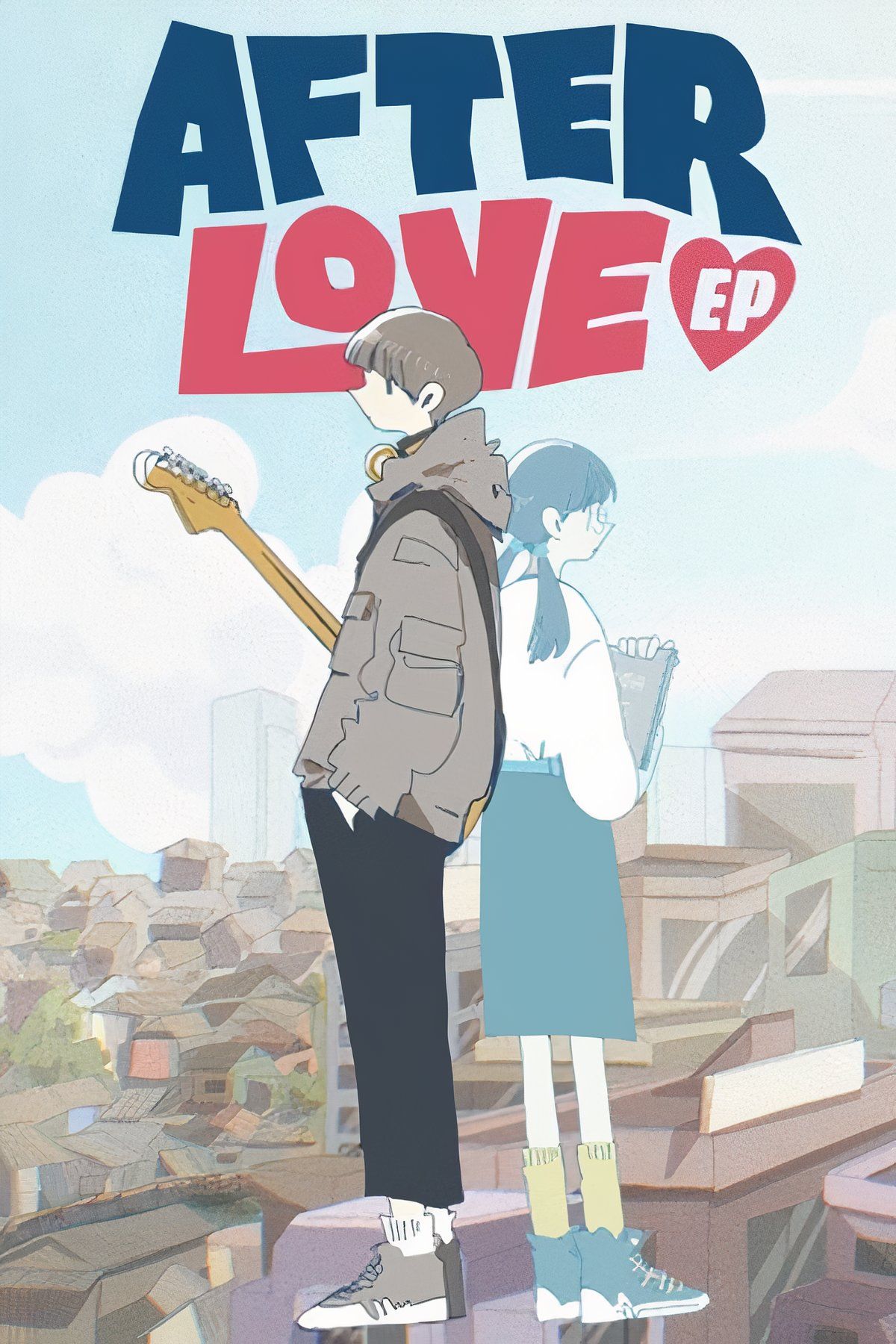
Afterlove EP
Adventure
Indie Games
Casual
- Beautiful representation of modern Jakarta
- Excellent soundtrack
- Colourful cast of compelling, complex characters
- Vision felt muddled and confused
- The protagonist and Cinta are weakly written
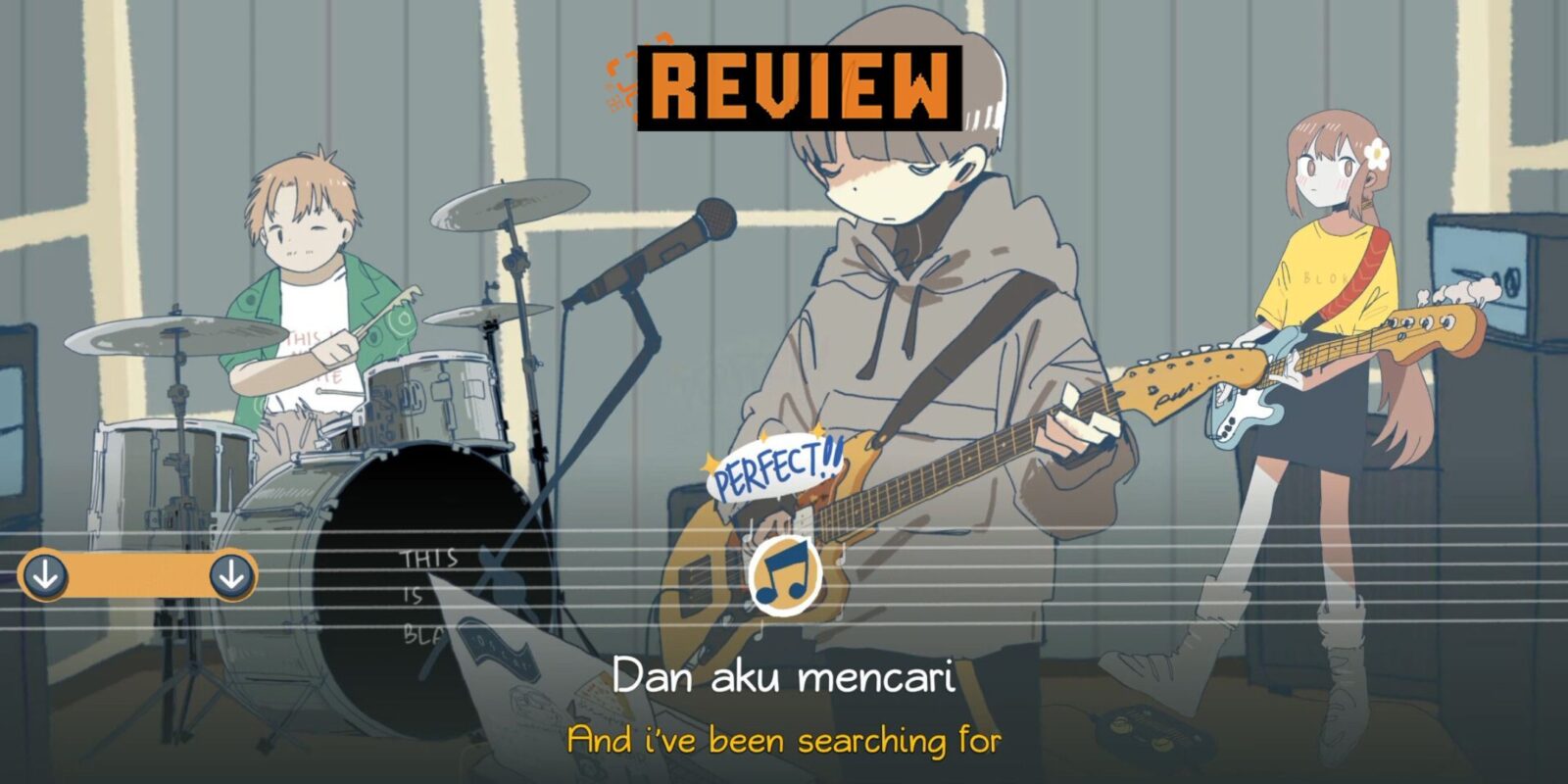

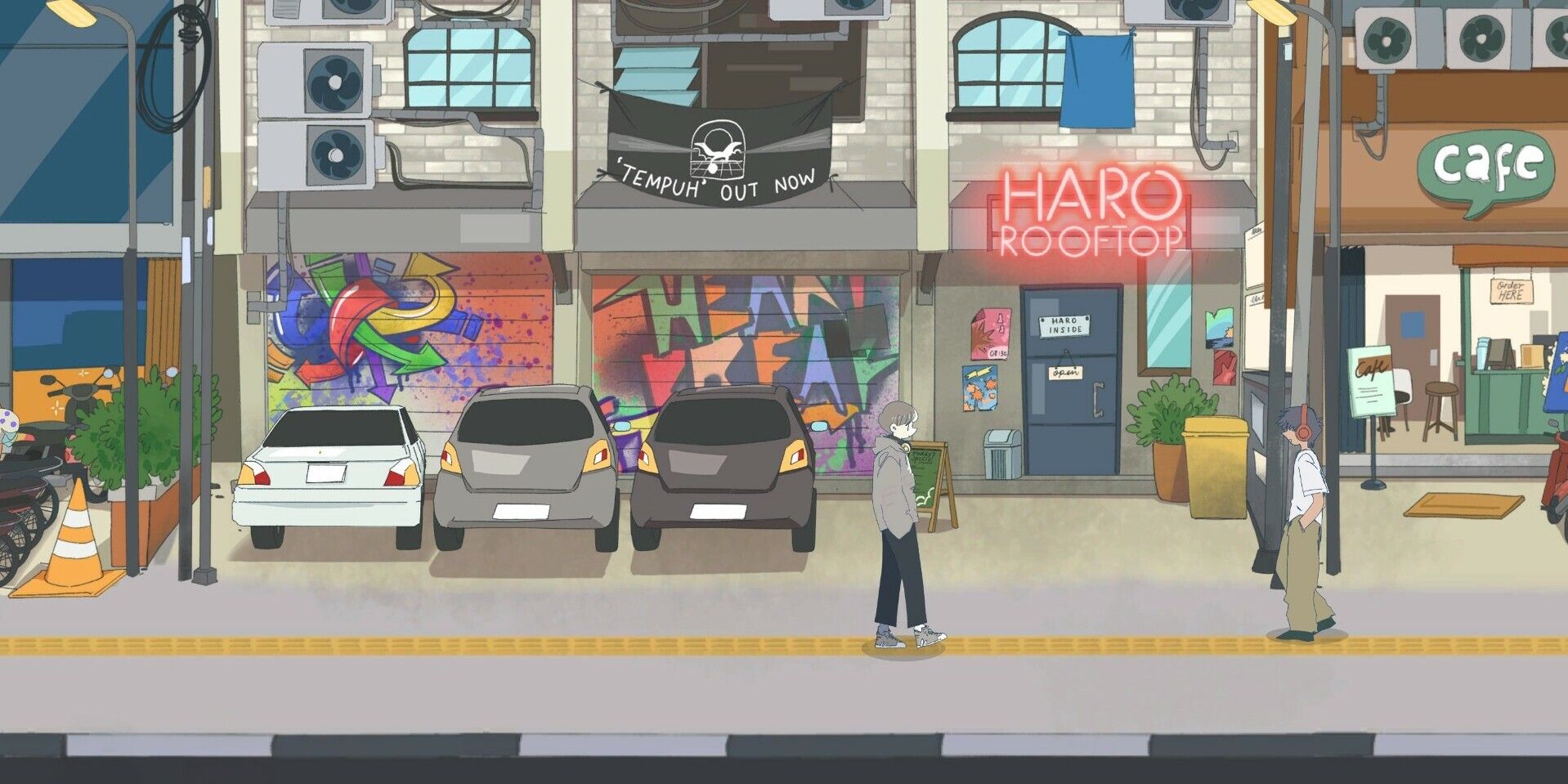
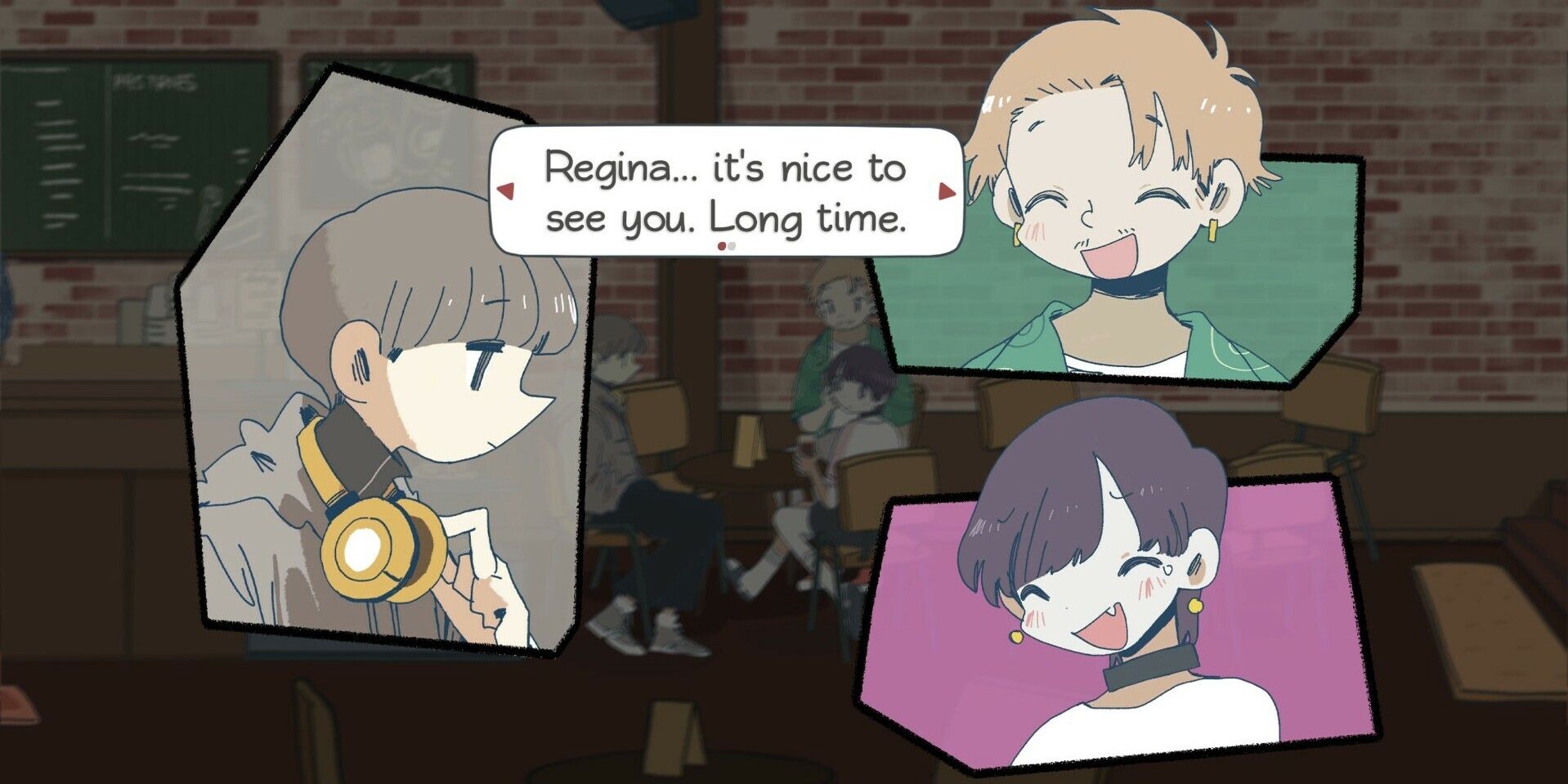
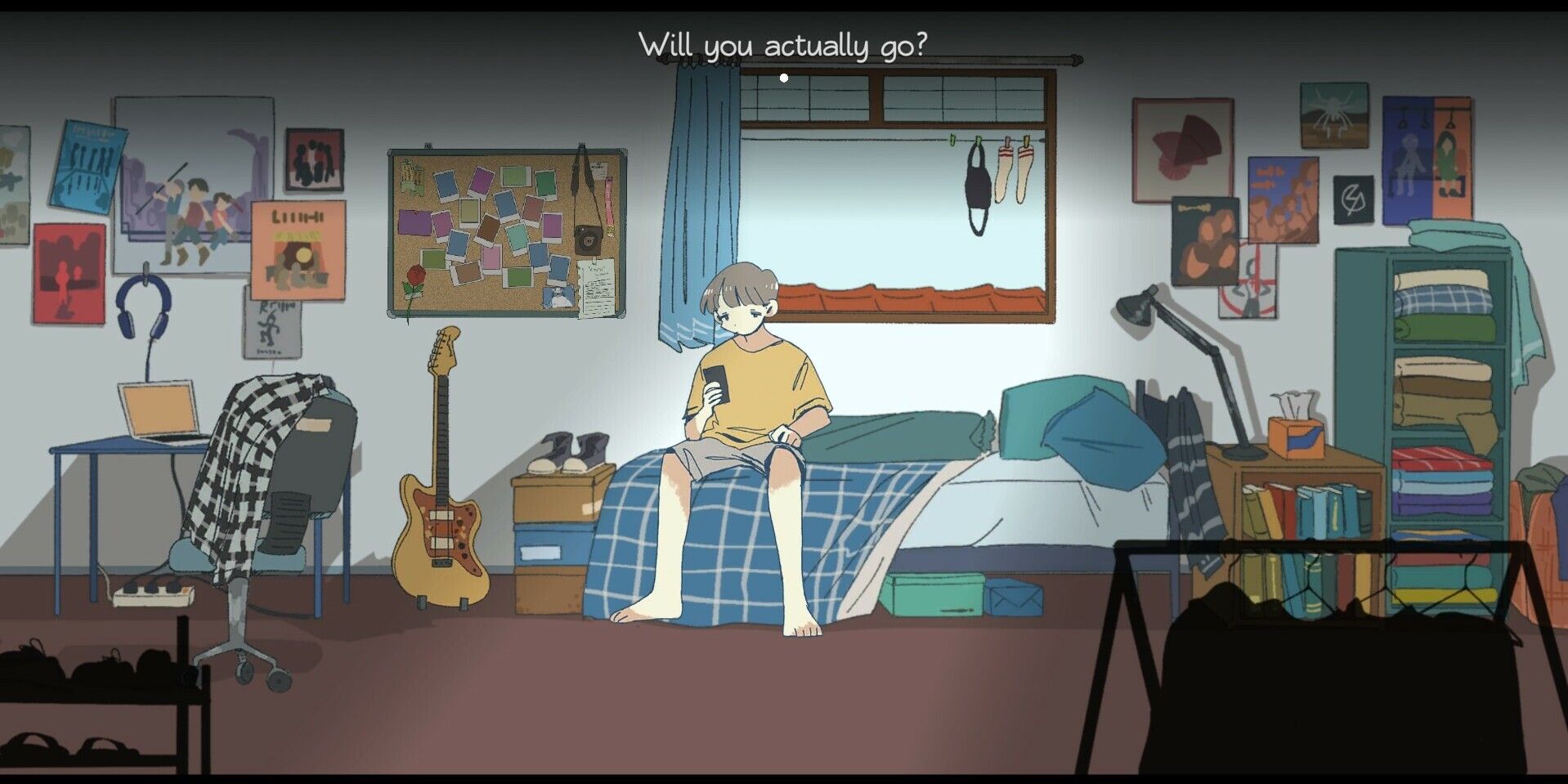
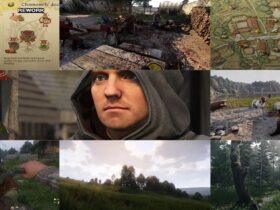




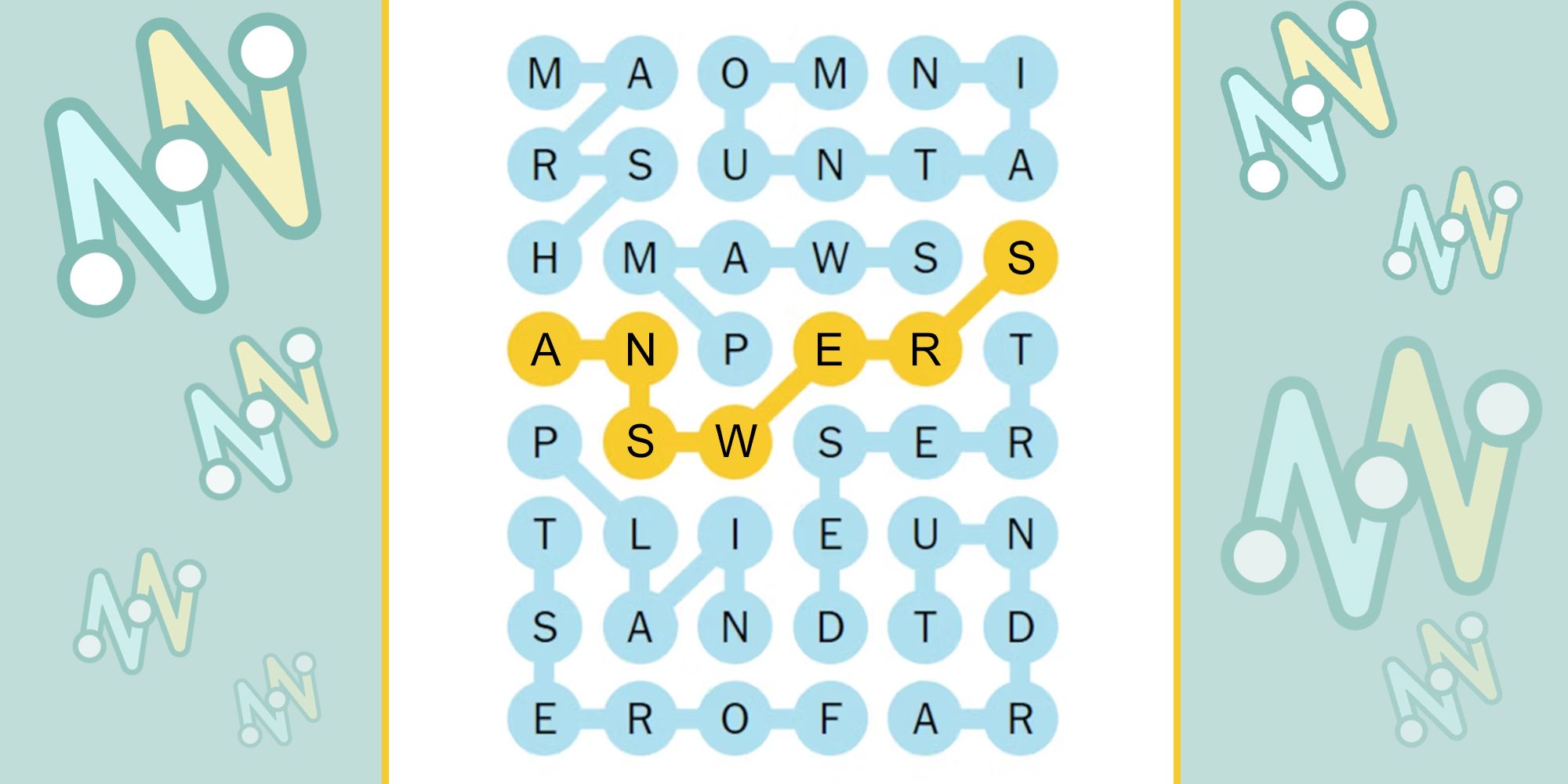


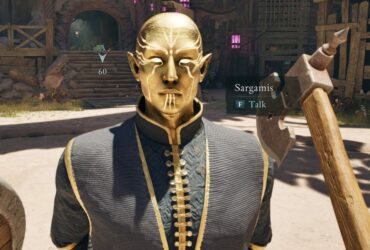
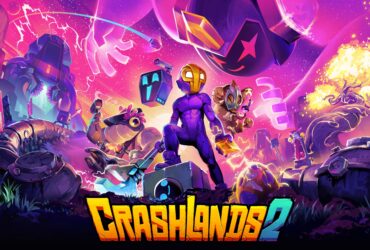
Leave a Reply